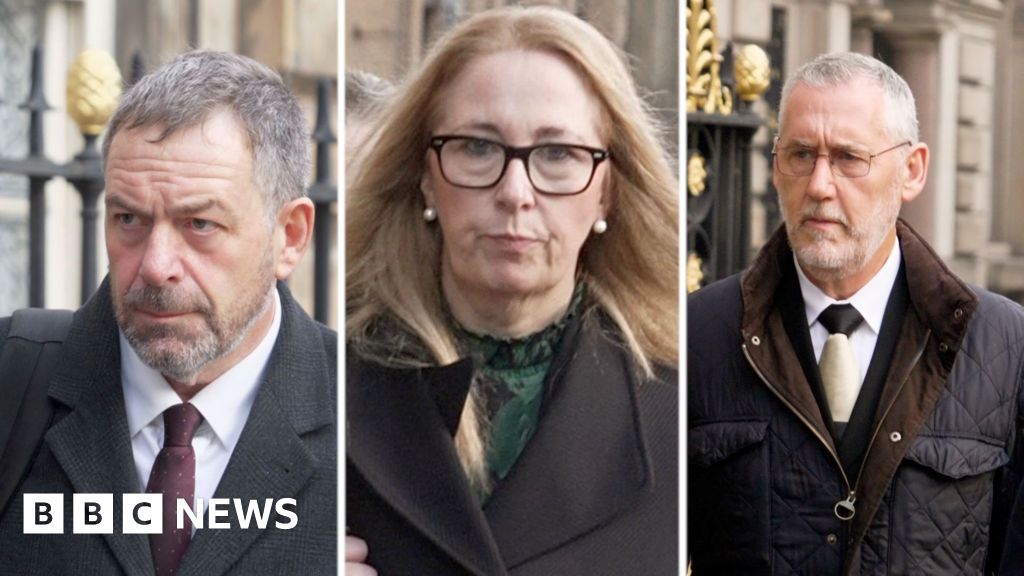World
What we learnt from Lucy Letby hospital bosses at Thirlwall Inquiry

Eleven weeks in, the Thirlwall Inquiry might just have had its most important week.
It was set up to investigate how Lucy Letby was able to murder seven babies and attempt to murder seven more on the neonatal unit at the Countess of Chester Hospital in 2015 and 2016.
We understand the hearings take their branding from the public inquiry’s chair, Lady Justice Thirlwall, so that her name – not Letby’s – is given profile.
Many in the room here in Liverpool Town Hall would prefer not to hear Letby’s name uttered again – but more than a year after her trial ended, questions remain.
Despite weeks of controversy, the inquiry isn’t looking at the question of her guilt, but rather: how were concerns on the ward handled? And where does accountability lie?
This week was crucial to answering that second question.
Beneath chandeliers in the hall’s grand ballroom, the Countess of Chester’s respective former directors of nursing Alison Kelly, medical Ian Harvey, HR Sue Hodkinson, and ex-chief executive Tony Chambers spoke in public for the first time.
Unlike other inquiry witnesses such as the hospital consultants, these bosses were not asked to give evidence at the criminal trials – and have resisted media interviews – so they are revealing new information.
When she opened the public inquiry, which isn’t a criminal proceeding, Lady Justice Thirlwall said Cheshire Police were investigating whether there may be a case of corporate manslaughter against the hospital trust.
Perhaps mindful of it, the executives seemed to choose their words carefully. All had the same legal representation and opened their evidence with an apology to the victims’ families, some of whom were in the room.
“There isn’t a day that doesn’t go by that you’re not in my thoughts,” Ms Hodkinson told the hall.
And Ms Kelly spoke of not getting “everything right at the time, however the decisions I made were done with the best intentions”.
We don’t know what those families thought of those overtures, but their lawyers asked some of the questions.









